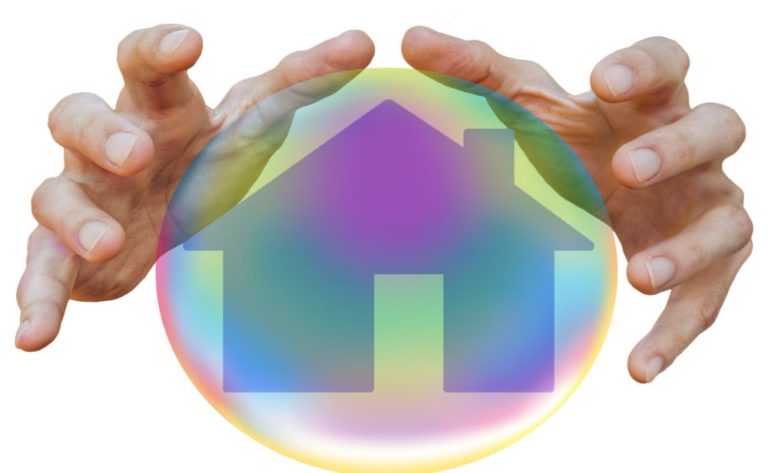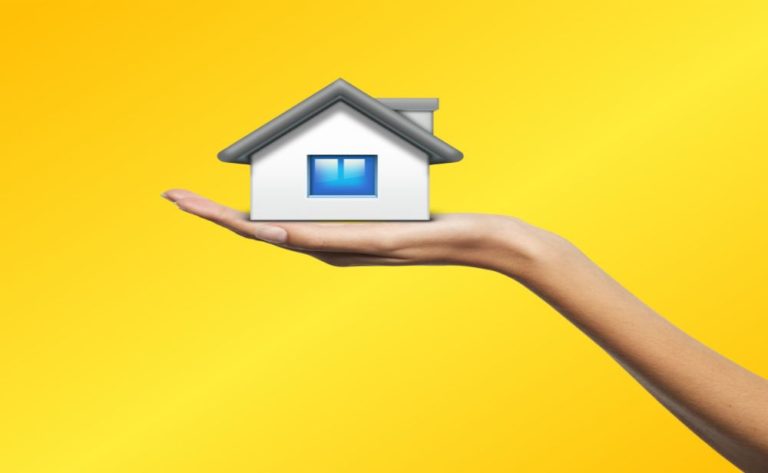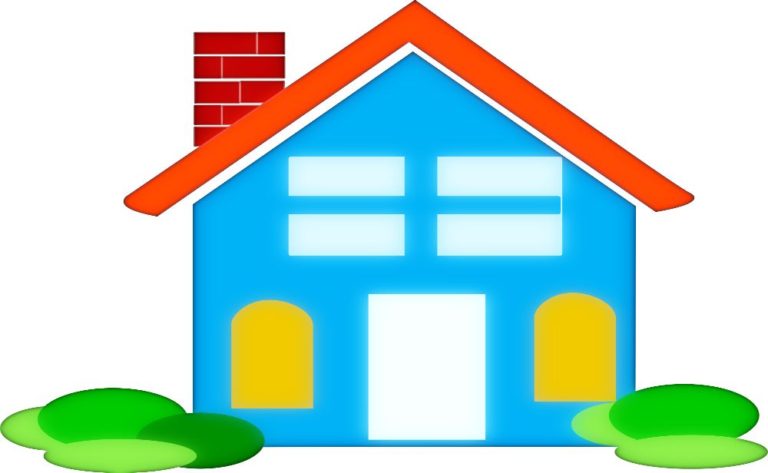Buying a House before Selling Your Own
When you have both buying and selling on your list of things to do, it can be difficult to decide which of the two should come first. In this piece, we’ll discuss the practice of buying a new house before selling your current one, which means going through the entire buying process for a new property before putting your current one up for sale. Buying before selling a home is not the same as purchasing and selling a home at the same time, and it is not a strategy that is suitable for everyone. Buying before selling a home requires a great deal of financial flexibility.
Advantages of Purchasing a Home Prior to Selling One
Buying a home before selling it is a strategy that is not very common, but it can be profitable if you have the financial resources to pull it off. The following are the primary advantages of buying first:
It’s time to start looking for a new house.
When you buy first, you only have to worry about one transaction at a time, giving you more mental clarity. You do not need to rush through the home-buying process in order to find a place to live in time for the closing of your sale; rather, you can take your time finding the ideal residence.
It’s time to redecorate the brand-new house.
Because you still have a place to live, you do not have to move into your new home as soon as it is ready; instead, you can take the time to customize it or remodel it while you are still in your old home. This is preferable to moving in right away and being forced to live in a construction zone.
Possibility to stage your existing home
You won’t have to worry about whether or not you’ll be able to continue living in the house while it’s on the market if you’ve already found another place to live by the time you decide to list it for sale. If you want to sell your home more quickly, you should consider making some repairs, painting it, performing some minor upgrades, and staging it with tasteful decor and furniture. The Real Estate Staging Association reports that unstaged homes remain on the market for an average of 184 days before being purchased by a buyer. However, residences that had been staged prior to being listed sold in just 23 days, which is eight times faster.
When buying something, you should avoid making contingent offers.
If you decide to sell your present house before purchasing a new one, you will be able to handle the two transactions in exactly the same manner as if you were selling a vacation home or a rental property. This enables you to avoid filing a contingent offer when purchasing a home, which communicates to the seller that you are only able to purchase their property if the sale of your current residence occurs first. In a buyer’s market when there is a lot of competition, if you try to buy something with a contingent, it may make your offer less appealing because sellers would rather work with buyers who can close fast and without any complications.
Avoid additional interim costs
You won’t have to worry about things like the cost of an additional relocation into temporary accommodation, which can include the cost of hiring professional movers, the cost of storage, and the cost of rent for a short period of time.
Is it a good financial decision to purchase a new home before selling the previous one?
In the event that you are in a position to take out a second mortgage on your home if you are looking to sell your home and you are currently in a sellers’ market where homes are selling quickly, it may be more cost effective for you to buy a new home first. It all boils down to the amount of liquid funds you have, as well as how you want to finance the purchase of the second property, and the amount of money you make.
Increasing one’s eligibility to obtain a mortgage
There is no hard and fast law that says you can’t buy a new house before selling your old one, but if you plan on getting a new mortgage, the first thing you need to do is make sure you qualify for the loan.
When you apply for a mortgage, the lender will determine your debt-to-income ratio. This indicates the proportion of your monthly income that goes toward paying off your debts, expressed as a percentage of your monthly income. The majority of lenders stipulate that the entire amount of your monthly loan payments cannot exceed 43% of your gross income. If you have a mortgage on your first house, that payment will be factored into your debt-to-income ratio. This can make it difficult for you to qualify for a second loan because you already have a mortgage on your first home.
Providing the money for the initial payment
Either by selling their current home first or by putting a home sale contingency in their purchase contract, many people who are selling their homes do so in order to fund the purchase of their new homes with the revenues from the sale of their previous homes. If you want to buy before you sell, you’ll need to get creative about how you pay for the down payment, unless you already have lots of cash on hand. If you want to buy before you sell, you’ll need to get creative about how you pay for the down payment.
In order to qualify for a basic conventional loan, you’ll need a down payment equal to at least 10% of the price of the home you want to buy. However, some lenders may want a whole 20%. The following are some popular methods by which individuals obtain the cash they need to cover their initial deposit on a home.
Retirement funds
There are instances when you may want to consider getting a loan secured by your 401(k), despite the fact that the Internal Revenue Service places limits on the amount that can be borrowed. To determine the maximum amount that you are eligible to borrow, select whichever sum is greater: $10,000 or fifty percent of the balance in your invested account. Nevertheless, the total amount that can be borrowed cannot go above $50,000.
Because of the constraints imposed by the Internal Revenue Service (IRS), the potential for negative tax effects, and the rules enforced by the administrator of your plan, your first action should always be to consult a tax specialist or financial counsel.
Refinance with cash-out option
You are able to access a portion of the equity you have built up in your house with a cash-out refinance. This type of refinance involves refinancing your home into a new loan, but you borrow more money than what you are now obligated to pay back. A cash-out refinance, like any other type of refinance, might cost you a pretty amount in closing charges, which means that this approach may only make sense if you are borrowing enough money to make it worthwhile to pay all of the fees you’ll be required to pay.
Credit line secured by the equity of the home (HELOC)
A line of credit that is backed by the equity that you have built up in your home is known as a home equity line of credit. Take into consideration that you might not be eligible for a HELOC if you already have your house up for sale. Be wary of additional costs if you decide to go this route.
Donation of money from a close friend or member of the family
You will be required to state in writing with your lender the information that the money for the down payment came from a friend or family member, and it must be deemed a gift rather than a loan. You should check with your mortgage broker because some loan companies won’t allow you to make your complete down payment with a gift. Also, make sure the individual who is gifting the money is aware of the tax ramifications, as gifts of money that above a particular level are taxable.
Advice on how to purchase a home before selling your own property
You will want to sell your previous residence as quickly as feasible once you have completed the purchase of your new house so that you can avoid having to make payments on two mortgages for a significant amount of time. Take a look at these helpful hints.
Determine how long it will take to sell everything.
The length of time that it will take to sell your property will vary depending on the condition of the real estate market in your area, but you should anticipate that it will be listed for sale for at least a few weeks. After that, the closing process typically takes between 30 and 45 days. You are going to be liable for the mortgage payments throughout this entire time period, right up until the closing date.
Instead of selling, why not rent?
If you are ready to free up the money that you are spending on the mortgage of your first home each month, you should try finding tenants rather than selling your house because finding renters is often faster than selling your house. If you want to sell the property in the near future, you may even want to consider renting it out on a month-to-month basis or for a shorter term.






